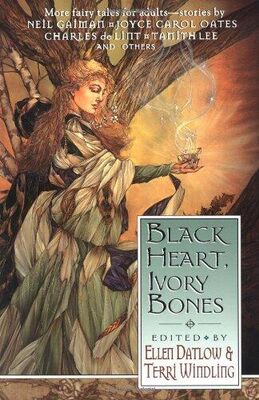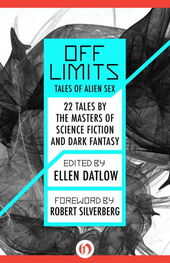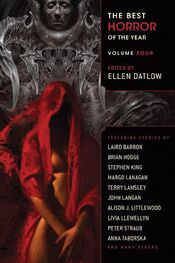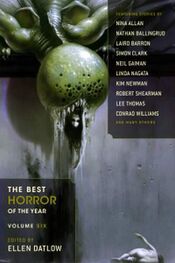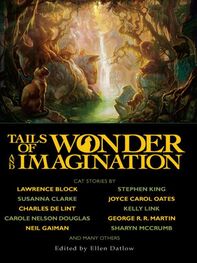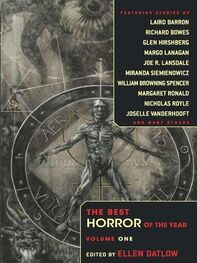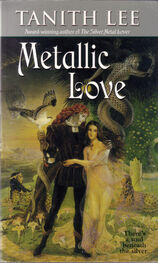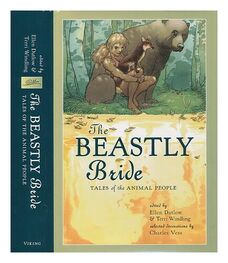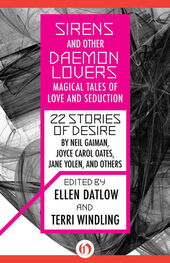The thought of Isabella or Marianne or any of them doomed to live forever in the degradation of End-Of-All-Hope House! Oh! it is too horrible to be borne.
I have been staring in the mirror for an hour or more. I was always amazed at Cambridge how quickly people appeared to take offence at everything I said, but now I see plainly that it was not my words they hated — it was this fairy face. The dark alchemy of this face turns all my gentle human emotions into fierce fairy vices. Inside I am all despair, but this face shews only fairy scorn. My remorse becomes fairy fury and my pensiveness is turned to fairy cunning.
Dec. 9th, 1811
This morning at half past ten I made my proposals to Isabella Gathercole. She — sweet, compliant creature! — assured me that I had made her the happiest of women. But she could not at first be made to agree to a secret engagement.
“Oh!” she said. “Certainly Mama and Aunt Edmond will make all sorts of difficulties, but what will secrecy achieve? You do not know them as I do. Alas, they cannot be reasoned into an understanding of your excellent qualities. But they can be worn down. An unending stream of arguments and pleas must be employed, and the sooner it is begun, the sooner it will bring forth the happy resolution we wish for. I must be tearful; you must be heartbroken. I must get up a little illness — which will take time as I am just now in the most excellent good looks and health.”
What could the mean-spirited scholars of Cambridge not learn from such a charming instructress? She argued so sweetly that I almost forgot what I was about and agreed to all her most reasonable demands. In the end I was obliged to tell her a little truth. I said that I had recently discovered that I was related to someone very rich who lived nearby and who had taken a great liking to me. I said that I hoped to inherit a great property very soon; surely it was not unreasonable to suppose that Mrs. Gathercole would look with more favour upon my suit when I was as wealthy as she?
Isabella saw the sense of this immediately and would, I think, have begun to speak again of love and so forth, only I was obliged to hurry away as I had just observed Marianne going into the breakfast-room.
Marianne was inclined to be quarrelsome at first. It was not, she said, that she did not wish to marry me. After all, she said, she must marry someone and she believed that she and I might do very well together. But why must our engagement be a secret? That, she said, seemed almost dishonourable.
“As you wish,” said I. “I had thought that your affection for me might make you glad to indulge me in this one point. And besides, you know, a secret engagement will oblige us to speak Italian to each other constantly.”
Marianne is passionately fond of Italian, particularly since none of her sisters understand a word. “Oh! Very well,” she said.
In the garden at half past eleven Jane accepted my proposals by leaning up to whisper in my ear: “His face is fair as heav’n when springing buds unfold.” She looked up at me with her soft secret smile and took both my hands in hers.
In the morning-room a little before midday I encountered a problem of a different sort. Henrietta assured me that a secret engagement was the very thing to please her most, but begged to be allowed to write of it to her cousin in Aberdeen. It seems that this cousin, Miss Mary Macdonald, is Henrietta’s dearest friend and most regular correspondent, their ages — fifteen and a half — being exactly the same.
It was the most curious thing, she said, but the very week she had first beheld me (and instantly fallen in love with me) she had had a letter from Mary Macdonald full of her love for a sandy-haired Minister of the Kirk, the Reverend John McKenzie, who appeared from Mary Macdonald’s many detailed descriptions of him to be almost as handsome as myself! Did I not agree with her that it was the strangest thing in the world, this curious resemblance in their situations? Her eagerness to inform Mary Macdonald immediately on all points concerning our engagement was not, I fear, unmixed with a certain rivalry, for I suspected that she was not quite sincere in hoping that Mary Macdonald’s love for Mr. McKenzie might enjoy the same happy resolution as her own for me. But since I could not prevent her writing, I was obliged to agree.
In the drawing-room at three o’clock I finally came upon Kitty, who would not at first listen to anything that I had to say, but whirled around the room full of a plan to astound all the village by putting on a play in the barn at Christmas.
“You are not attending to me,” said I. “Did not you hear me ask you to marry me?”
“Yes,” said she, “and I have already said that I would. It is you who are not attending to me . You must advise us upon a play. Isabella wishes to be someone very beautiful who is vindicated in the last act, Marianne will not act unless she can say something in Italian, Jane cannot be made to understand anything about it so it will be best if she does not have to speak at all, Henrietta will do whatever I tell her, and, Oh! I long to be a bear! The dearest, wisest old talking bear! Who must dance — like this! And you may be either a sailor or a coachmen — it does not matter which, as we have the hat for one and the boots for the other. Now tell me, Mr. Simonelli, what plays would suit us?”
Two o’clock, Dec. 10th, 1811
In the woods between End-Of-All-Hope House and the village of Allhope
I take out my pen, my inkpot, and this book.
“What are you doing?” whimpers Dido, all afraid.
“Writing my journal,” I say.
“Now?” says she in amazement. Poor Dido! As I write she keeps up a continual lament that it will soon be dark and that the snow falls more heavily — which is I admit a great nuisance for the flakes fall upon the page and spoil the letters.
This morning my vigilant watch upon the village was rewarded. As I stood in the church-porch, hidden from all eyes by the thick growth of ivy, I saw Isabella coming down Upperstone-lane. A bitter wind passed over the village, loosening the last leaves from the trees and bringing with it a few light flakes of snow. Suddenly a spinning storm of leaves and snowflakes seemed to take possession of Upperstone-lane and John Hollyshoes was there, bowing low and smiling.
It is a measure of my firm resolution that I was able to leave her then, to leave all of them. Everything about John Hollyshoes struck fear into my heart, from the insinuating tilt of his head to the enigmatic gesture of his hands, but I had urgent business to attend to elsewhere and must trust that the Miss Gathercoles’ regard for me will be strong enough to protect them.
I went straight to End-Of-All-Hope House, and the moment I appeared in the bare room at the end of the corridor, Dido cried out, “Oh, sir! Have you come to release me from this horrid place?”
“Why, Dido!” said I, much surprized. “What has happened? I thought you were quite contented.”
“And so I was, sir, until you licked your finger and touched my eye. When you did that, the sight of my eye was changed. Now if I look through this eye”—she closed her left eye and looked through her right—“I am wearing a golden dress in a wonderful palace and cradling the sweetest babe that ever I beheld. But if I look through this eye”—she closed the right and opened her left—“I seem to be chained up in a dirty, nasty room with an ugly goblin child to nurse. But,” she said hurriedly (for I was about to speak), “whichever it is, I no longer care, for I am very unhappy here and should very much like to go home.”
“I am pleased to hear you say so, Dido,” said I. Then, warning her not to express any surprize at anything I said or did, I put my head out of the door and called for Dando.
Читать дальше